Skip to content
【租屋指南】租屋可提前解約而不必賠違約金?提前解約就是罰一個月押金? Home 未分類 【租屋指南】租屋可提前解約而不必賠違約金?提前解約就是罰一個月押金?
租屋族都該知道的是:高不可攀的房價令人望屋興嘆,無殼蝸牛只好遁入租屋市場,但因不諳相關規範,房租糾紛時有所聞。在 租賃專法 上路後,房東、房客都該了解其中「眉角」,以便保障自身權益。
租屋提前解約,大家或許應該知道最高須賠償「一個月租金」的違約金。那在什麼情況下可以提前解約,也不必賠違約金呢?根據法律規定,這幾種情況屬於正當「終止租約」的條件,只要符合即可提前解約且不必賠償!
不知道是租屋糾紛太多,還是時機太湊巧,近期經常有人丟訊息詢問提前解約扣押金的問題,今天就讓我們來談談,租屋族出門在外租房子時, 房東和房客都會碰到的大哉問:提前解約一定會被罰錢嗎?最多又只能罰一個月嗎?
※提醒大家,以下這幾種情形提前終止租約,需要在一個月前備妥證明,並以書面通知房東。
租賃專法 上路一陣子,各家媒體也相繼報導了不少,為了方便記憶,許多租屋族都只會記得,現在提前解約,房東好像最多只能收1個月的違約金。但實務面真的是如此嗎?答案是不一定!在新的法規下,提前解約,不一定會有違約金,但卻也有可能超過1個月。
租約有無約定「租賃雙方得任意終止租約 」? 根據《住宅租賃契約應約定及不得約定事項》第十四點「任意終止租約之約定」,如果雙方有約定「得任意終止租約」,只要 提前一個月 通知對方,就可以隨時解約,也不必付違約金。
通常租約都是勾選「 不得 」提前終止租約,則雙方就不能任意終止合約,若想提前終止租約,就得付出違約金,並以 一個月的租金 為上限。
違約金如何算?解析新法 我們從房屋租賃定型化契約應記載事項說起,裡面就有提及,提前終止租約的情況分兩種,一種是「得」、一種是「不得」,前者是指房東或租客只要在約定時間前(至少1個月)通知對方,那麼就不用給付違約金。
舉例來說: 我和房東簽約時約定好,只要有1個月前通知,就「可以 」提前解約,那麼我因為2個月後工作要從台北調到高雄,必須提早終止到年底的租約,我只要在搬走30天前,告訴房東這件事,房東就不能扣我押金。但如果今天公司轉調令下來的太趕,導致我一個星期後就得搬走,那麼房東就可以扣我1個月的押金,作為提前解約的賠償。
那麼簽約時,假如當初簽的是「 不可以 」,後來卻又必須提前解約時該怎麼辦呢?這時候不懂的人會跟你說反正就是最多一個月,但懂的人會跟你說四個字:「雙方協商 」。
這是什麼意思呢?其實說白了你就會覺得很簡單,既然簽的是不可以提前解約,所以在這種情況下,房東(租客)確實可以提出以1個月違約金作為賠償條件,但對於租客(房東)而言,卻也可以提出依照合約精神「我不想要你一個月的違約金,反正你就是給我住到滿為止 」的條件。
也因此,在這種情況下,如果你非得提前終止合約,堅持只肯給一個月的違約金,那是沒有意義的,因為雙方會沒有交集。所以協商的意思就是說,你讓一點,我讓一點,兩方達成共識。當然也正因如此,協商到最後掏出來的錢,可能就不只有那基本的1個月。
那什麼情況下 租賃期間有下列情形之一, 導致房子難以繼續居住者 。房客可以提前終止租約,且房東不得要求任何賠償(但還是要在一個月前提出證明並通知房東哦!)
一、租賃住宅未合於所約定居住使用,並有修繕之必要,經承租人定相當期限催告, 仍不於期限內修繕 。(翻譯:居住必備的東西壞掉,告知房東後,卻遲遲不處理修復)
二、租賃住宅因 不可歸責承租人之事由 致一部滅失,且其存餘部分不能達租賃之目的。(翻譯:房子因為地震、颱風、土石流…等天災而損壞不能居住)
三、租賃住宅有危及承租人或其同居人之安全或健康之瑕疵。(翻譯:發現房子是輻射屋、海砂屋、結構有問題等, 情況危急者則不限一定要在一個月前通知 )
四、承租人因疾病、意外產生有長期療養之需要。(翻譯:必須出示療養時程需 六個月以上 之醫師診斷證明,並非住院證明就可以!)
五、因第三人就租賃住宅主張其權利,致承租人不能為約定之居住使用(翻譯:房東一次跟兩個人簽約,另一人宣稱他也有租房的權利)、以及房客死亡,其繼承人得主張終止租約。(翻譯:房客過世後,房客他的繼承人不想再租原本租約這間房子了)
– 個案大不同 就一般來說,因為目前租賃住宅市場發展及管理條例第7條規定,押金不得超過2個月的租金。所以有了這個標準,通常談到賠償2個月,大家多會讓步,好聚好散。但會不會有需要額外補貼搬遷費什麼的,表示誠意,那真的就是看個案情況了。
若有以下情形
出租人為重新建築而必要收回。(翻譯:例如房子要都更重建,但需要提前 三個月前 告知)
承租人遲付租金之總額達 二個月之租金額 ,經出租人定相當期限催告,仍不為支付。(翻譯:欠繳租金包含『管理費、水電費、有些甚至有停車費、網路費』也算在內)
承租人擅自變更用途,經出租人阻止仍繼續為之。(翻譯:原本約定居住使用,卻變成營業用途)
承租人違法使用、存放有爆炸性或易燃性物品,經出租人阻止仍繼續為之。( 不限一定要在一個月前通知 )
承租人擅自將租賃住宅轉租或轉讓租賃權予他人。(翻譯:擅自當起二房東)
承租人毀損租賃住宅或附屬設備,經出租人定相當期限催告修繕仍不為修繕或相當之賠償。(翻譯:和房東不修繕東西同理,如果房客破壞屋況也不修繕,房東也有權提前解約!)
承租人未經出租人同意,擅自進行室內裝修,經出租人阻止仍繼續為之。承租人未依相關法令規定進行室內裝修,經出租人阻止仍繼續為之。承租人進行室內裝修,損害原有建築結構之安全。
以上就是根據《 住宅租賃契約應約定及不得約定事項 》的提前終止租約規定,無論如何,想解約都要至少 提前一個月 告知,檢附相關事證,以書面通知對方!
– 以房東來說:
承租人毀損租賃住宅或附屬設備,不為修繕或相當之賠償。
承租人遲付租金或費用,達2月之租額,經催告仍拒繳。
承租人未經出租人書面同意,將租賃住宅轉租於他人。
出租人為重新建築而必要收回。(終止前3個月書面通知對方)
其他依法律規定得提前終止租賃契約。
– 以租客來說:
因疾病、意外產生有長期醫療療養之需要。
租賃住宅未合於居住使用,並有修繕之必要,經承租人定相當期限催告,而不於期限內修繕。
因不可歸責於承租人之事由,致租賃住宅之一部滅失,且其存餘部分難以繼續居住。
因第三人就租賃住宅主張其權利,致承租人不能為約定之居住使用。
承租人死亡,承租繼承人主張終止租賃契約。
結論: 租賃新法 保障真的很多,多了解一點,也是多保障自己一點。
租屋合約通常以1年為期,提前解約的一方得付違約金;建議雙方簽約時就該針對提前解約的因應方式達成共識。為避免房客隨意解約,房東多半會在租賃契約書加註「此租賃契約至少維持12個月,乙方(房客)未住12個月迄移押金不得退還」或「提前解約將不退預繳金」等條文。
由於臨時解除租賃契約會造成租賃雙方的困擾,通常合約書會要求提前解約須提早1個月告知並沒收押金做為違約金,《土地法 》規定押金上限不得超過2個月租金,若合約內容有不合理要求,承租人應事前溝通以保障自身權益。
如果真的有糾紛,雙方能夠坐下來溝通還是最好,但如果真的互不相讓,可以到各縣市政府申請調解,或由消費者保護協會協助調解,或者尋求法律途徑,都比上網發文公審或不繳租金更有用!也是真正解決爭議的方法。
房東不退押金怎麼辦?
文章導覽
臺中有朝代書:台中2胎房貸,豐原區二胎,二胎代書,豐原貸款,二胎利率,二胎房貸,二胎貸款,信用貸款,豐原小額信貸,借錢指南,土地貸款,豐原建地貸款,房屋二胎,農地借錢,房屋貸款,房貸二胎,房貸增貸,豐原民間二胎,台中小額貸款。
有朝代書借錢網-台中2胎房貸,土地貸款,只要您自有的房屋還有殘值、房屋坪數不限、屋齡不限、貸款遲繳、負債比過高、信用不良、無收入證明、無薪轉證明、土地持分、房屋持分以上均可辦理二胎貸款,新竹借錢,台中二胎借款,豐原房貸轉增貸,桃園當舖,新竹房地二胎貸款,桃園二胎貸款,豐原轉貸降息,買車換現金,彰化小額借款,台中融資借貸,豐原二胎貸款,台中市快速借錢貸款平台!
銀行對房貸的保守態度,不只是一胎,連二胎房貸&信貸也是!除了考慮房屋殘值外,還會考慮申請人的信用狀況等,讓申貸房貸或增貸都很困難,明明房屋還有價值空間,但是卻因為信用評分不足或其他原因婉拒房屋二胎申請!
目前市面上有推出二胎房貸(二順位房貸)產品的銀行更是屈指可數!
銀行二胎房貸的選擇和方式
目前市面上可申請的二胎房貸(二順位房屋貸款)的銀行不是很多,有房貸寬限期的更是幾乎沒有,有辦理二胎的銀行包括:
日盛銀行(家值房貸)
永豐銀行
遠東商銀
凱基銀行
台新銀行
兆豐銀行 (兆豐富二貸)
國泰銀行
王道銀行
台北富邦(無二胎)
二胎房貸是什麼?(二順位房貸)?二胎房貸又稱為二順位房貸, 就是當該房屋先前已向銀行進行第一次房屋貸款後,用原房屋再向另一家銀行,進行對該標的殘值的二次抵押借款,房屋抵押貸款設定出現第2順位債權人,即為二胎房貸。
銀行
日盛銀行
永豐銀行
對象
20-65歲
20-65歲
額度
最高300萬
50萬
年利率
3.58%~12.99%
2.78%~5.42%(浮動)
開辦費
8000~15000元
5000~12000元
期限
最長10年
最長7年
限制
原房屋貸款須繳滿一年
銀行往來信用正常者
銀行
遠東銀行
凱基銀行
對象
20-65歲
20-60歲
額度
25~300萬
最高300萬
年利率
3%起
3%~5%(浮動)
開辦費
5000元
10000元
期限
最長7年
最長10年
限制
房屋已持有滿一年(需自住)並於金融機構有半年以上房貸繳款紀錄
房子持有二年以上且房貸已繳交一年以上,近一年無民間二胎或信託紀錄
銀行
台新
兆豐
對象
20-60歲
20-60歲,既有房貸戶(繳息三個月以上)
額度
最高300萬
2.75%起
年利率
3.5%~18%
2.75%起
開辦費
3000~12000元
3000~15000元
期限
最長10年
2-10年,期限加借款人年紀不超過70歲
銀行
國泰
王道
對象
20-64歲
原房貸繳滿一年
額度
20~150萬
最高350萬
年利率
2.5%~6%
4.50%起
開辦費
貸款金額1%
9000~15000元
期限
最長10年
最長15年
被銀行婉拒時,別灰心,改找有朝代書,額度高、速度快。
二胎房貸銀行利率&條件比較表
銀行
額度
年利率
年限
開辦費
日盛
300萬
3.58%~12.99%
10年
15000元
遠東
300萬
6~12%
7年
5000元
永豐
50萬
2.49%~ 4.69%
7年
12000元
凱基
300萬
3.8%~ 5.69%
10年
10000元
台新
300萬
3.5%~18%
10年
12000元
兆豐
200萬
2.75%起(浮)
10年
3000元
國泰
150萬
2.5%~6%
10年
15000元
王道
350萬
4.50%起
15年
15000元
有朝代書房貸部建議
1.上面的列表中,可看出目前有承作二胎房貸的銀行與條件,最低利率2.49%起與最長還款年限15年,最低手續費3000元…等,看起來相當誘人,但是過件率跟一胎房貸相差無幾,一樣很嚴格…看得到吃不到。
2.因為知道銀行的房貸審核嚴格,房貸部推出「有朝不動產二順位」,簡稱:代書二胎貸款、二胎房貸、二順位房貸、房屋二胎,優點整理如下:
(1)沒有銀行的嚴格審核
(2)額度比銀行更高(最高1000萬)
(3)還款年限最長7~10年
(4)沒有月薪22倍的限制
(5)不看工作收入證明
(6)不看負債比
(7)不看聯徵信用評分
3.銀行的利率低,但審核嚴格,尤其非常看重信用評分,信用好的人才有機會跟銀行辦到貸款,稍有瑕疵就是婉拒!當二胎申請不過時,通常申請「房屋增貸」或「轉增貸」也不會成功,其審核條件也會參考信用評分,一定要特別注意。
4.不管增貸或轉增貸被拒絕,一定要優先考慮「不影響聯徵中心信用評分」的貸款方式,才不會因為貸款借錢而讓財務更惡化!
5.有朝代書的二胎房貸,僅看房屋殘餘價值與房貸每月繳款紀錄是否正常,就算曾有信用不良紀錄、債務協商紀錄(須正常還款滿三年)、曾有民間私人設定紀錄…等,都能順利核貸且撥款,還款方式跟銀行一模一樣。
6. 最後提醒您,當選定了銀行就只跟同一家銀行接洽,不要同時詢問多家,會被銀行認定短期內密集借貸,不但借不到錢,還會在聯徵報告被註記,因此白白損失了寶貴的信用紀錄,是不智的選擇。
7. 如果銀行借不到錢,千萬不要直接找民間代辦(仲介)!請立刻來電或線上詢問,我們會給您最專業、最完整的理財評估及貸款建議。
有朝代書房屋二胎房貸代書服務項目:台中二胎房貸滿足您資金需求,高雄二胎貸款還能免費試算額度利率,屏東二胎貸款買車拿現金,高雄二胎貸款安心託付免煩惱!台北二胎貸款專辦信貸、台南二胎貸款、屏東二胎貸款負債整合等服務,高雄二胎貸款高額低利款貸速洽,屏東二胎貸款您資金周轉的缺口不必再擔心,台南二胎貸款一通電話將您的問題交給金主專業代書!房屋2胎私人借款,軍公教公務人員信貸,房屋二胎年息一趴,房屋2胎貸款,代書房貸,台北二胎房貸,土地二胎,農地魚塭借款,民間二胎貸款,房屋借款請來全省聯合代書,房貸信貸是一門緊扣道德價值的行業,必須尊重房貸借款人的價值,尊嚴和權利,台南房屋二胎年息6趴,最有遠見的代書專家,幫助您快速融資,輕鬆解決資金問題,無論家庭,公司事業您會幸福美滿,臺南二胎房貸貸款中心,高雄二胎房貸抵押設定,嘉義房屋二胎設定,台北二胎房貸代書地政士事務所,桃園二胎房貸貸款推薦網,新北房屋二胎查詢,房地產名詞解釋,房屋二胎貸款,中壢房屋二胎免費估貸,台灣房屋市價,台南房屋實價登錄,高雄商業銀行貸款,台中商業銀行,新竹銀行貸款,彰化貸款試算,台北貸款利率,房屋貸款申辦,銀行成功案例,台南銀行二胎房貸,土地貸款評估,租金繳房貸,代書貸款QA,天下日報財經新聞,貸款新聞,貸款知識,整合負債,房貸試算,信貸利率比較,房價查詢,信貸試算,房貸利率比較,房屋借錢,公教人員優惠房貸,各家小額信貸利率比較,台南信用貸款,信用卡代償,台南現金卡代償,卡債整合,負債協商,各家銀行房貸利率,台南中古房屋借款,代辦銀行貸款,台南農會房貸,銀行房屋二胎,房屋行情查詢,房屋貸款利率,房價指數,勞工貸款,農民貸款,台南住宅建地|高雄二胎|屏東鄉村建地|嘉義二胎|南投未重劃建地|台中二胎|彰化區段徵收|雲林二胎|台中土地,雲林房屋,台南信貸|高雄信貸|台南代書二胎|銀行二胎房貸|嘉義信貸,屏東房屋,嘉義房屋,高雄代書|屏東信貸|台中信貸|雲林信貸|彰化信貸|台南房貸|彰化房屋,企業貸款,公司貸款,創業貸款,青年創業貸款,婦女創業貸款,微型創業貸款,初創貸款,股東貸款,銀行代辦仲介,桃園房屋,台南二胎房貸|高雄二胎房貸|屏東二胎房貸|嘉義二胎房貸苗栗房屋借錢,新竹房屋貸款,台北房屋借款,南投二胎房貸|台中二胎房貸|彰化二胎房貸|雲林二胎房貸|台南房貸|高雄房貸|屏東房貸|嘉義房貸|南投房貸|台中房貸|彰化房貸,新北市房屋,基隆房屋,代償當舖高利,台南現代地政代書聯盟,民間代書私人借錢,理財諮詢服務,理財知識庫,詢問房屋土地貸款,尋找代辦業者銀行一二胎房貸,中小企業信保貸款,軍公教紓困貸款,軍人貸款利率,教師信用貸款,軍公教半年俸月退俸貸款,都市計劃區貸款,個人信用貸款,查詢房屋二胎,關於房屋融資,辦理二胎借款,查詢如何辦理二胎房貸,如何增貸二胎銀行房貸,房屋增貸怎麼辦,台南房屋轉貸要找哪家銀行,房屋查封撤回,當舖二胎代償,撤銷限制登記,台南民間二胎,民間融資,民間房屋貸款,代償民間高利貸,代償當舖高利,代償當舖二胎,房貸增貸,房屋轉貸,房屋貸款,低利房貸,民間低利貸款,什麼是代書二胎房貸,辦理代書借款,代辦房屋增貸,代辦農會房屋貸款,代辦民間貸款,代墊房貸,土地融資,土地二胎,借錢清償二胎房貸借款,房屋法拍撤回,法院撤銷法拍,找尋快速放款民間貸款,借錢代償錢莊高利貸,高雄民間貸款,台南二胎房屋,民間借款台南2胎房貸,台南房屋二胎,旺來台南2胎貸款,台南哪裡有民間二胎房貸,找尋台南代書二胎,台北二胎借款,新北二胎房貸,台南房屋二胎,台南房屋融資,台北二胎借款,嘉義民間借貸,台南二胎房貸,台南增貸二胎,台中房屋增貸,台南房屋轉貸,勞工紓困貸款,臺中二胎代書設定,勞工貸款率利,貸款利率,個人信用貸款遲繳,助學貸款,銀行房貸利率比較,房屋二胎代書貴人相助,台南房屋查封撤回,台南代償當舖二胎,臺南貸款胎,台南融資代償,台中房貸增貸,基隆房貸轉貸,台南低利房貸,新北市民間低利貸款,台南代書二胎,高雄苓雅區二胎房貸借款,台南代書借款,台南代辦房屋增貸,台南代辦房屋貸款,高雄楠梓二胎房貸,台南代辦民間貸款,台南二胎代墊房貸,旺來土地融資,大台南土地二胎,台南清償借款,台南房屋法拍撤回,台南撤銷法拍,台南快速民間貸款,台南找旺來代償錢莊高利貸,旺來銀行房屋貸款,都市計劃區房貸二胎轉貸,銀行第二順位抵押權設定,法院撤封假扣押設定,房屋轉貸貸,代繳法拍代墊,民間融資公司借錢,法拍代墊,土地節稅,協助代償高利貸款借錢,尋找借錢門路,信用不良,經常性遲繳,負債比過高,想辦貸款卻提不出保人,嘉義高雄台南房屋貸款借款,缺錢房子被法拍如何是好,房屋土地借款的問題,房貸二胎法院查封或者假扣押信用不良尋找出路,銀行第二順位房貸,土地房屋二胎借款,台南土地房屋二胎,民間二胎借款,台中農會信貸,彰化農會銀行,台北市房貸,桃園縣市信貸,新北市房貸,中壢住宅區建地,雲林鄉村區建地,台南未重劃建地借錢,高雄農會房貸,嘉義區段徵收建地,屏東區段徵收土地,高虹安土地開發:建地,農地,房屋,農舍,山坡地,林地,魚塭養地,公司工廠,土地房屋二胎借款,土地房屋貸款,代償當舖錢莊,,民宿房屋貸款,房屋二胎貸款借款借錢,土地房屋借款貸款,民間二胎貸款借款,銀行二胎轉貸增貸,法院撤封房屋轉貸借貸,民間融資公司借錢,法拍代墊款,土地節稅試算,代償高利貸,尋找借錢門路,房屋貸款找代辦,土地貸款找代辦,台南房貸找代辦,高雄房貸找代辦,屏東房貸找代辦,嘉義房貸找代辦,雲林房貸找代辦,彰化房貸找代辦,台中房貸找代辦,房屋二胎貸款找代辦,土地二胎貸款找代辦,台南二胎房貸找代辦,高雄二胎房貸找代辦,屏東二胎房貸找代辦,嘉義二胎房貸找代辦,雲林二胎房貸找代辦,彰化二胎房貸找代辦,台中二胎房貸找代辦,房屋貸款2胎找代辦,土地貸款二胎找代辦,台南房貸二胎找代辦,高雄房貸二胎找代辦,屏東房貸二胎找代辦,嘉義房貸二胎找代辦,雲林房貸二胎找代辦,彰化房貸二胎找代辦,台中房貸二胎找代辦,房屋貸款找代書,土地貸款找代書,台南房貸找代書,高雄房貸找代書,屏東房貸找代書,嘉義房貸找代書,雲林房貸找代書,彰化房貸找代書,房屋二胎貸款找代書,土地二胎貸款找代書,台南二胎房貸找代書,高雄二胎房貸找代書,屏東二胎房貸找代書,嘉義二胎房貸找代書,雲林二胎房貸找代書,彰化二胎房貸找代書,台中二胎房貸找代書,房屋貸款二胎找代書,土地貸款二胎找代書,台南房貸二胎找代書,高雄房貸二胎找代書,屏東房貸二胎找代書,嘉義房貸二胎找代書,雲林房貸二胎找代書,彰化房貸二胎找代書,台中房貸二胎找代書,台南房貸,高雄房貸,屏東房貸,嘉義房貸,彰化房貸,雲林房貸,台中房貸,台南房貸二胎,高雄房貸二胎,屏東房貸二胎,嘉義房貸二胎,彰化房貸二胎,雲林房貸二胎,台中房貸二胎,台南二胎房貸,高雄二胎房貸,屏東二胎房貸,嘉義二胎房貸,彰化二胎房貸,雲林二胎房貸,台中二胎房貸,台南代辦,高雄代辦,屏東代辦,嘉義代辦,雲林代辦,彰化代辦,台中代辦,台南代書,高雄代書,屏東代書,嘉義代書,雲林代書,彰化代書,台中代書,一般信貸,農會信貸利率,個人信貸,農會信用貸款申請,軍人信貸,老師信貸,公務人員信貸,公家機關優惠信貸,軍公教信貸,台南房屋貸款借款缺錢法拍房屋土地借款的問題房貸二胎法院封或者假扣押,鳳山區二胎房貸,土地房屋二胎借款房屋融資旺來代書土地融資,農會信用貸款申請,台南民間二胎房貸,桃園民間二胎房貸,台北土地增貸,新竹廠房二胎貸款,桃園農會信貸利率,台中農地二胎借款,嘉義公司創業貸款,苗栗工業住商貸款,高雄個人長短期貸款,屏東銀行房貸借款,彰化專業代書辦理貸款,嘉義代償民間高利貸,基隆農會房貸,台南房屋貸款,二胎房貸代書,高雄民間二胎房貸,桃園民間代書二胎房貸,新北市房屋二胎代書,台北土地增貸,新竹廠房二胎貸款,台中農地二胎借款,嘉義公司創業貸款,基隆工業住商貸款,高雄長短期貸款,屏東魚塭借款,彰化土地代書辦理貸款,嘉義代償民間高利貸,台南軍公教信貸,桃園房屋二胎借貸,雲林農會房貸利率,台南二胎,房貸二胎增貸,持分土地借款,台南民間代書低利信貸,代償台中當舖錢莊,台南二胎借錢,銀行房貸成數,房屋二胎增貸,高雄土地借款,嘉義民間代書借款,雲林民間信用借貸,台中借錢管道,新竹代償錢莊,台南代書費收費標準,高雄銀行,屏東房貸,二胎借款是什麼,彰化二胎土地買賣,房貸二胎試算,台北房貸轉移,員林民間二胎設定,桃園民間房屋借款,中壢代書借貸利息,豐原代償民間二胎,房屋實價登錄查詢,房屋貸款試利試算,房屋2胎貸,台南土地融資銀行,新北市土地借錢報所得稅,台北土地貸款值,基隆借貸商家,屏東借貸利息怎麼算,貸款率利計算公式,軍公教個人綜所稅,教師信用貸款利率,個人信用小額借貸,台中個人信貸代償,二胎房貸是什麼,鳳山二胎借款問題,房貸二胎條件,苗栗房貸融資成數,台中房貸轉移,民間信貸利率,民間二胎利率,民間二胎設定,民間代書借款持分,代書借款費用,台南放款額度深受廣大客戶及通路的支持與肯定,最有遠見的代書專家,金主直營選對房屋二胎代書扭轉乾坤好運旺旺來,How to loan,How to lend money,How to Get a Loan,How to borrow money,融資借貸,快速借錢平台,小額貸款,小額週轉,小額借錢,資金周轉,資金貸款,借錢方式,買車換現金,民間信貸,個人信貸,融資貸款,民間貸款,銀行貸款,公司貸款,企業貸款,刷卡換現金,中小企業貸款,大額貸款,鉅額貸款,整合負債,資金貸款,資金借款,小額借款,公司周轉,金錢困難,合法貸款,借錢門路,軍公教貸款,婦女貸款,如何借錢,如何貸款,借錢注意,合法借錢,安全借錢,借錢周轉,馬上領現金,如何借錢不還,當日拿現金,當日拿錢,馬上拿錢,缺錢,借錢週轉,急用錢,急用金,家庭補助金,上學補助金,勞工補助金,沒錢,當舖借款.本利攤還,利率低,利息低,機車一二胎,汽車一二胎,房屋貸款,土地貸款,房地貸款,房屋一二胎,土地一二胎,土地一二胎,房屋借錢,土地借錢,房屋借款,土地借款,房地借款,合法借錢,合法借款,資金需求,現金需求,現金週轉,企業資金,1111找工作,需要錢,現拿現金,現金免求人,104人力銀行,信用卡換現,刷卡換現,小額現金週轉,免卡貸款,賣手機,中小企業貸款,機車換錢,非詐騙,防詐騙,信用卡貸款,沒有錢,繳不起,額度高,信用狀況,信用不好,法扣,協商,授權異常,強停,急借錢,當日撥款,當日拿錢,老客戶續約,勞保貸款,薪轉貸款,薪資轉帳,找金主或找借錢客戶,借錢,救急,借款,借貸,融資,房地二胎貸款,貸款借錢網站,借錢管道,2胎,二胎,二胎代書,二胎利率,二胎房貸,二胎房貸利率,二胎貸款,企業融資,企業貸款,土地,農地借錢,土地貸款,房屋貸款率利,房屋貸款額,房貸利率,房貸額度,個人土地貸款,個人房貸,信用,信用卡,信用貸款,信用貸款率利,信用貸款額,信貸利率,信貸額度,銀行信用貸款,銀行信貸,債務,創業融資,創業貸款,增貸,小額信貸,建地,建地貸款,房屋二胎,房屋二胎利率,房屋二胎銀行,房屋貸款,房屋貸款率利最低銀行,房貸二胎,房貸利率,房貸增貸,授信銀行,支票貼現,民間二胎,汽車借款,汽車貸款,汽車貸款率利多少,館長貸款,車貸,車貸利息,車貸利率,車貸試算。找金主或找借錢客戶,當舖借錢,救急現金,銀行借款,小額借貸,當舖融資,房地二胎貸款,貸款借錢不還,金主借錢管道,借錢網,朋友借錢不還,金主2胎借錢基隆房貸|新北市土地|台北銀行|桃園房地|新竹房屋|苗栗農地|台中房屋|彰化銀行|南投建地|雲林增貸|嘉義轉貸|台南借錢|高雄借款|屏東貸款|花蓮房地|宜蘭林地|台東貸款房貸台中金主直營:台中2胎,二胎,二胎代書,二胎利率,西屯二胎房貸,二胎貸款,信用貸款,信貸,台中借錢指南,土地貸款,小額信貸,建地貸款,房屋二胎,房屋貸款,房貸二胎,房貸增貸,民間二胎,貸款,農地借錢。西屯土地貸款,土地融資,代償當舖,銀行代辦,土地借錢,建地貸款,農牧用地,土地持分,銀行二胎,農地持分,不動產抵押,台中都市計劃地,工業用地,魚塭借錢,養地借款,代償高利貸,公園綠地,農地借錢,田地借款,林地融資,地價指數。台中2胎,二胎,二胎代書,二胎利率,二胎房貸,西屯二胎貸款,信用貸款,信貸,借錢指南,土地貸款,小額信貸,建地貸款,房屋二胎,房屋貸款,房貸二胎,房貸增貸,民間二胎,西屯貸款,農地借錢。台中銀行等全方位的銀行貸款資訊一次搞定貸款麻煩事!
諮詢專線 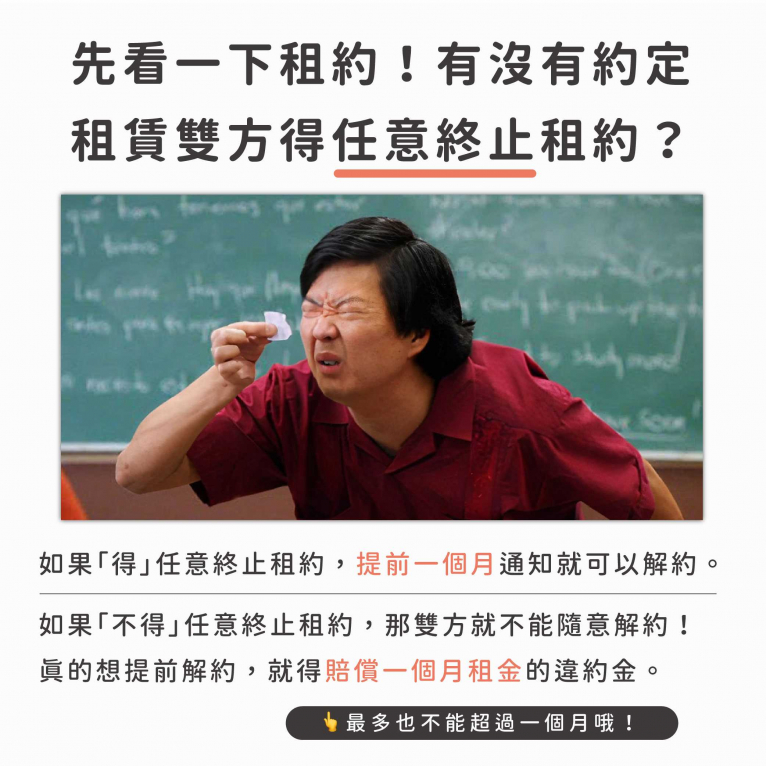

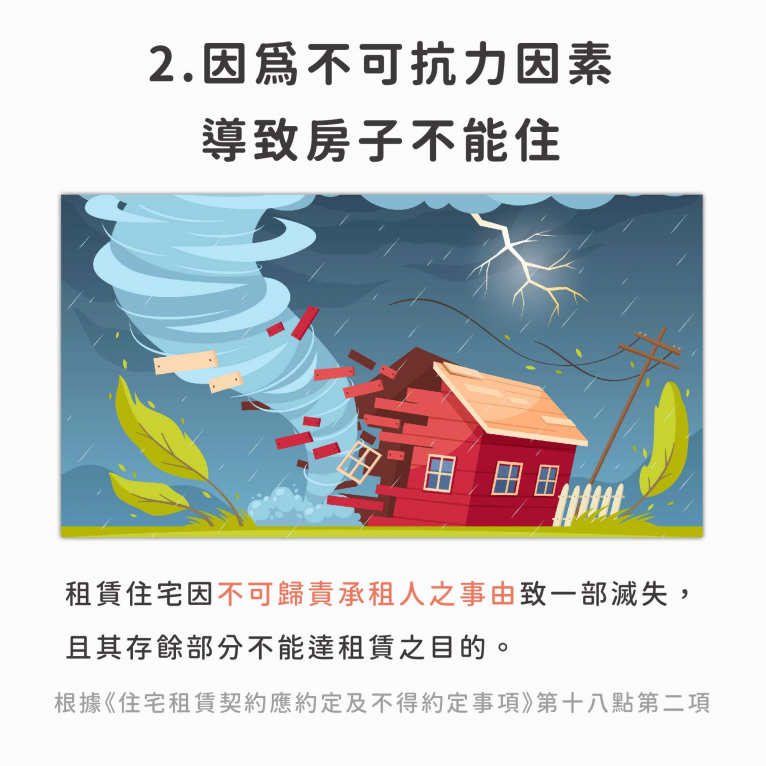

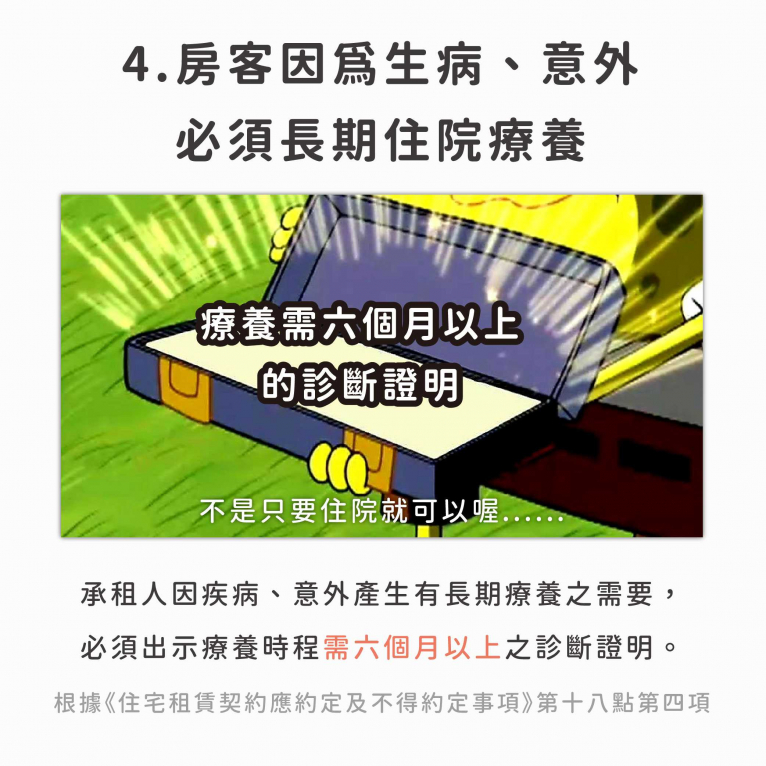
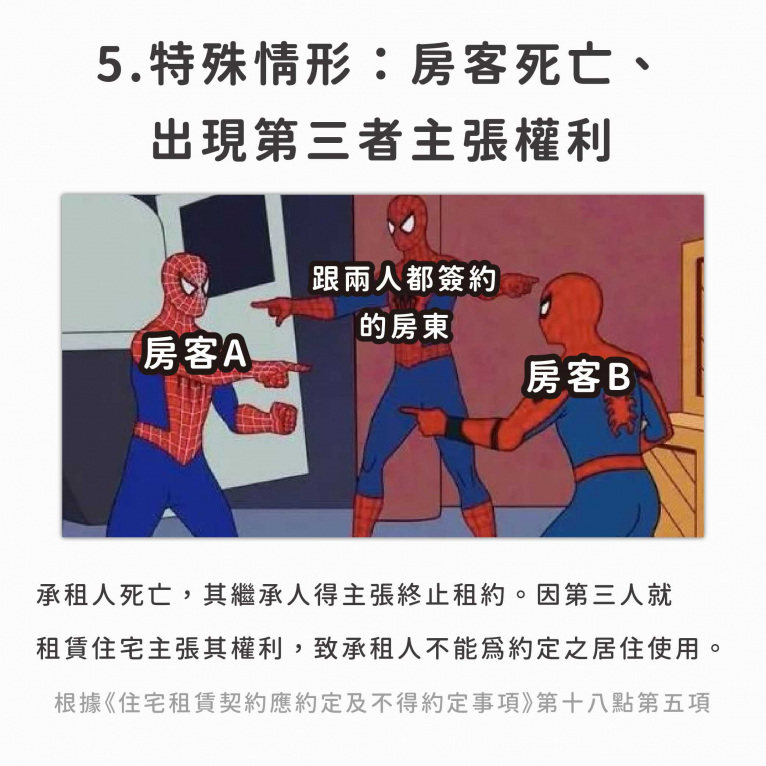
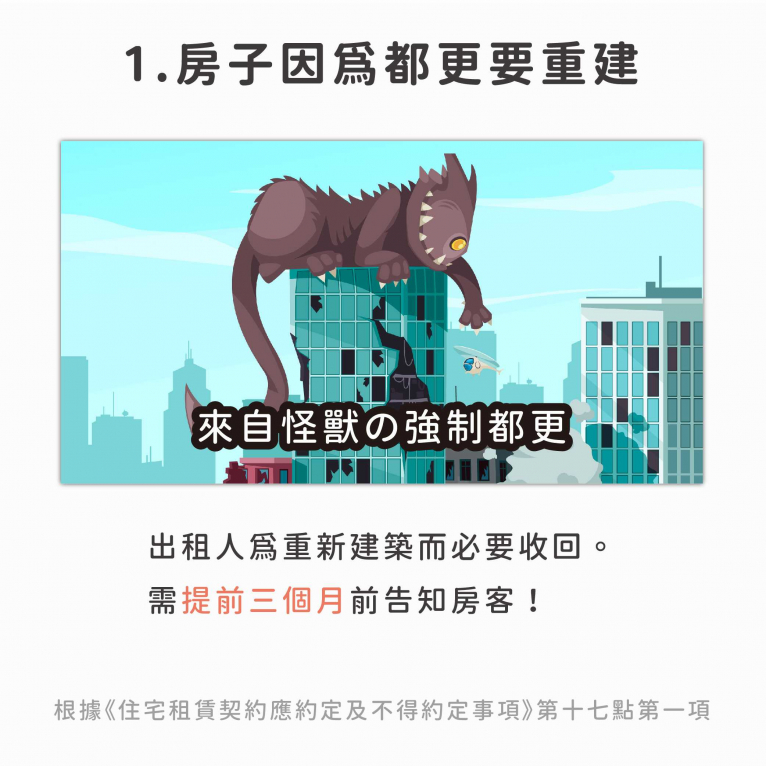

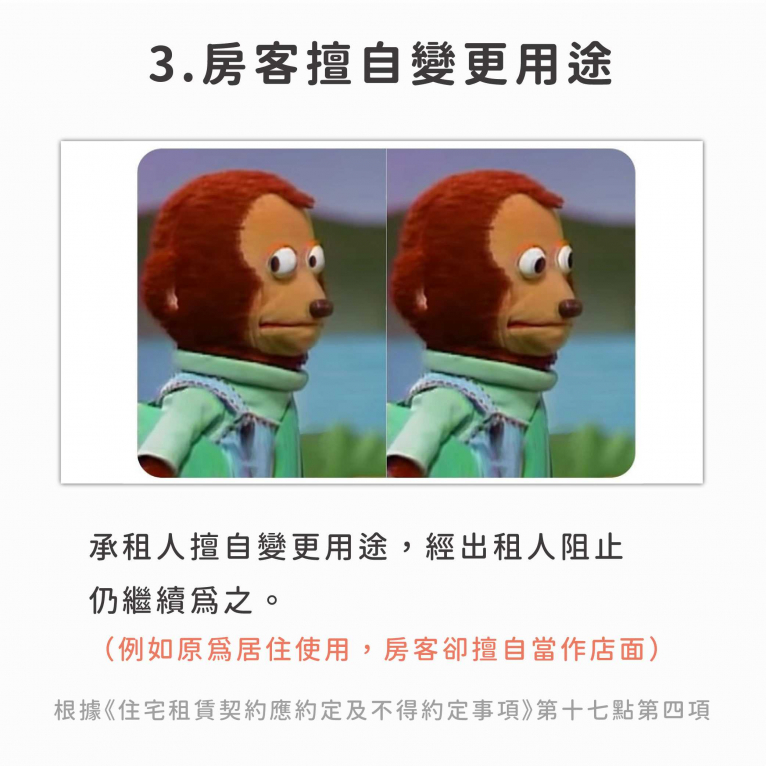
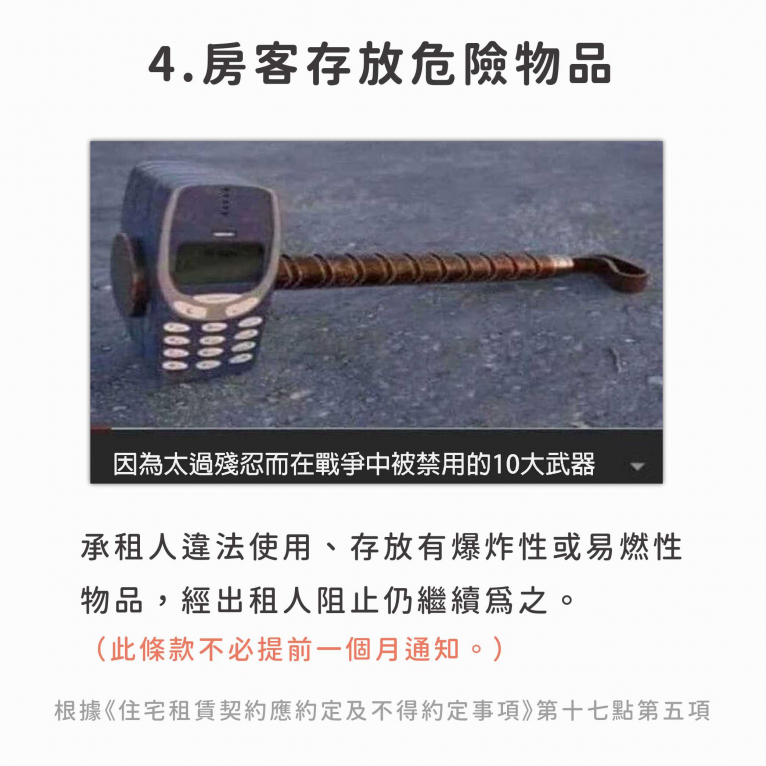
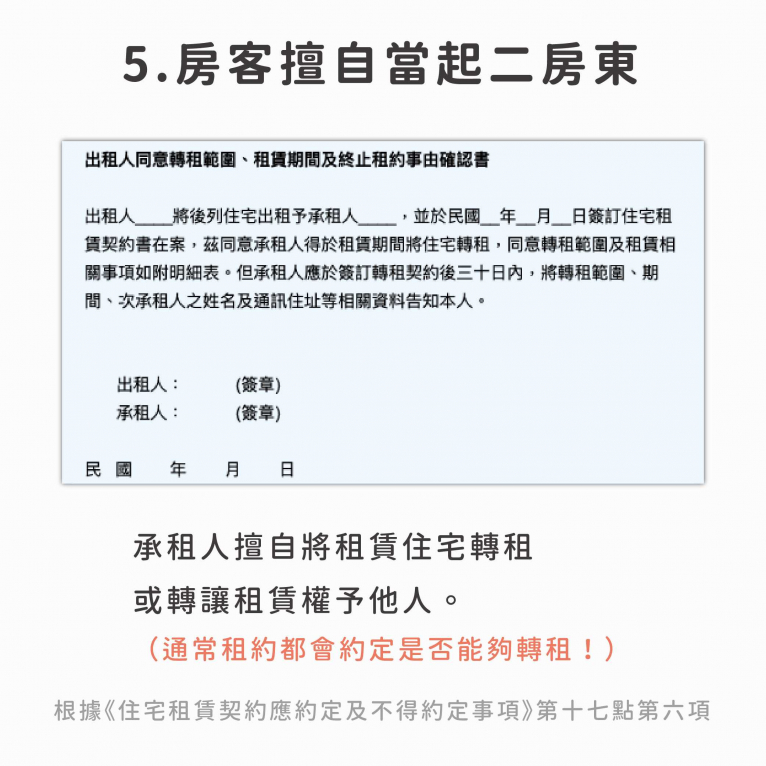




Лучшие проститутки в Сочи, подробнее здесь индивидуалки
Лучшие проститутки в Сочи, подробнее здесь русские проститутки
Лучшие проститутки в Сочи, подробнее здесь дешевые проститутки
Профессиональный сервисный центр по ремонту Apple iPhone в Москве.
Мы предлагаем: ремонт айфона в москве недорого
Наши мастера оперативно устранят неисправности вашего устройства в сервисе или с выездом на дом!
Лучшие проститутки в Сочи, подробнее здесь частные проститутки
площадка для продажи аккаунтов услуги по продаже аккаунтов
перепродажа аккаунтов площадка для продажи аккаунтов
лазерная эпиляция стоимость лазерная эпиляция полностью
косметолог салон косметолог цена
лор отоларинголог отоларинголог поликлиника
маркетплейс для реселлеров биржа аккаунтов
заработок на аккаунтах перепродажа аккаунтов
Thanks for sharing this! Very informative and easy to understand.
гинеколог консультация запись специалист гинеколог
лечение варикоза лазером по омс лечение варикоза таза у женщин
медицинский центр цены мед клиника врачи
маркетплейс аккаунтов услуги по продаже аккаунтов
маркетплейс аккаунтов соцсетей безопасная сделка аккаунтов
купить аккаунт продажа аккаунтов соцсетей
купить аккаунт с прокачкой маркетплейс для реселлеров
Great post! I really enjoyed your perspective on this topic.
купить аккаунт гарантия при продаже аккаунтов
перепродажа аккаунтов магазин аккаунтов
площадка для продажи аккаунтов покупка аккаунтов
Премиальные шторы на заказ для вашего интерьера, для вашего дома.
Премиальные шторы на заказ, по выгодной цене.
Изготовление штор на заказ, по вашим размерам.
Лучшие ткани для штор на заказ, по индивидуальному дизайну.
Идеальные шторы на заказ для гостиной, под ваш вкус.
Надежное изготовление штор на заказ, под любой бюджет.
Создание штор на заказ из натуральных тканей, с учетом особенностей помещения.
Модные шторы на заказ, подчеркивающие вашу индивидуальность.
Минималистичные шторы на заказ, по вашему проекту.
Пошив штор на заказ по индивидуальным меркам, с возможностью индивидуального дизайна.
Изготовление штор на заказ на любой вкус, под любой интерьер.
Изготовление штор на заказ быстро и недорого, по вашему желанию.
Элегантные шторы на заказ, от ведущих дизайнеров.
Дизайнерские шторы на заказ, по вашему проекту.
Пошив штор по индивидуальному дизайну, от профессиональных мастеров.
Эксклюзивные ткани для пошива штор, по желанию клиента.
сшить шторы на заказ сшить шторы на заказ . прокарниз
магазин аккаунтов социальных сетей продать аккаунт
гарантия при продаже аккаунтов услуги по продаже аккаунтов
купить аккаунт с прокачкой площадка для продажи аккаунтов
покупка аккаунтов купить аккаунт
биржа аккаунтов продажа аккаунтов
Профессиональный сервисный центр по ремонту Apple iPhone в Москве.
Мы предлагаем: мастер ремонта apple
Наши мастера оперативно устранят неисправности вашего устройства в сервисе или с выездом на дом!
Профессиональный сервисный центр по ремонту Apple iPhone в Москве.
Мы предлагаем: сервисный центр по ремонту айфонов в москве
Наши мастера оперативно устранят неисправности вашего устройства в сервисе или с выездом на дом!
I completely agree with this perspective. There’s an in-depth post on https://hdbet.navy that elaborates on the same topic, offering useful points to support your view.
Шторы в загородном доме: идеи и советы
шторы в загородном доме шторы в загородном доме .Ткацкий
Thanks for breaking this down so clearly.
маркетплейс аккаунтов соцсетей магазин аккаунтов
Профессиональный сервисный центр по ремонту Apple iPhone в Москве.
Мы предлагаем: качественный ремонт айфонов в москве
Наши мастера оперативно устранят неисправности вашего устройства в сервисе или с выездом на дом!
Awesome content as always!
Делайте ставки и выигрывайте без ограничений, подробнее тут https://luckyjet-zerkalo.top/
маркетплейс аккаунтов продажа аккаунтов
маркетплейс аккаунтов магазин аккаунтов
I fully agree with this statement, and I think it’s something that’s been explored in detail on https://lu88club.vip/. The insights shared there really complement this viewpoint.
Профессиональный сервисный центр по ремонту бытовой техники с выездом на дом.
Мы предлагаем:ремонт крупногабаритной техники в москве
Наши мастера оперативно устранят неисправности вашего устройства в сервисе или с выездом на дом!
Your content was incredibly helpful, thank you for sharing your expertise.
платформа для покупки аккаунтов платформа для покупки аккаунтов
металлические значки москва изготовление значков из металла на заказ москва
изготовить металлические значки железные значки на заказ
перепродажа аккаунтов продажа аккаунтов
металлические значки на заказ значки на заказ металлические
заказать металлический значок производство металлических значков